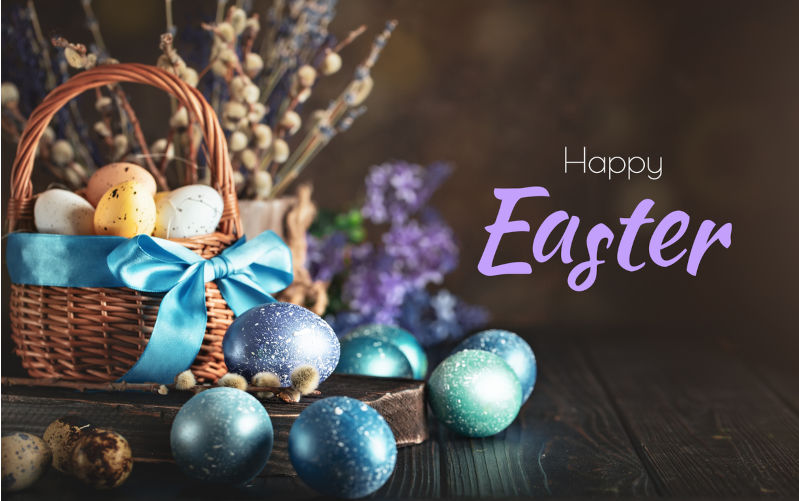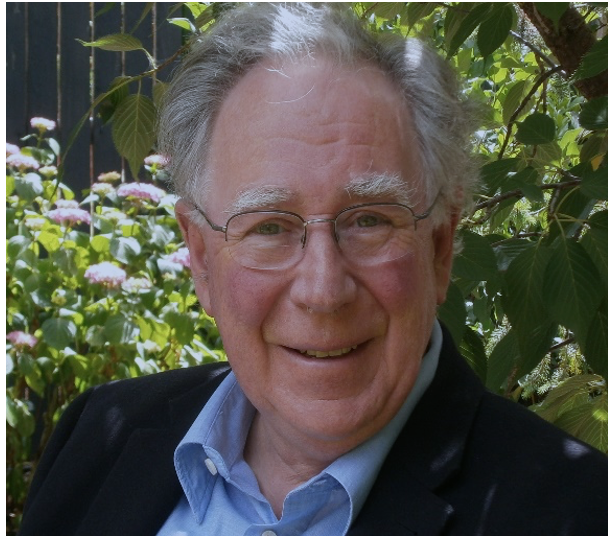Stan Grant on Good Friday, Easter, and God’s absence in our suffering world
March 29, 2024
I never thought I’d see an inspiring Easter reflection in the usually secular, The Saturday Paper. But last Saturday (March 23) there was Stan Grant, writing on the Christian feast.
Grant is a really thoughtful writer and his spirituality comes, he says, ‘from being born into a history of suffering’ as a First Nations person, and from his experiences as he traipsed around the world reporting for CNN on ‘bombed marketplaces, bullet-riddled homes, burnt-out neighbourhoods, disasters natural and human,’ suggesting the question: ‘If we are God’s creation, how could God allow it? If God is omnipotent, how could God be so impotent? Is this a callous God, amused at our misery?’
It’s a question I’ve asked myself since 1989 following a day at Auschwitz-Birkenau, the largest mass murder site in history. Where was God when all I experienced there was a profound emptiness, a total absence of any feeling. I had a similar experience at Wybalenna on Flinders Island where the remnants of the first Tasmanians were taken and where many died, far from their country.
Grant asks: where can we find God and transcendence in a cynically consumerist and secularist world? Sadly, not in the insipid, self-engrossed church. And after the criminality of child abuse and its cover-up, the best we Catholics can do is hide our heads in shame and say ‘God be merciful to me, a sinner’ (Luke 18:13).
The evangelical theologian, Jürgen Moltmann entitled his 1973 book The Crucified God. He says that the ‘true God…is not recognised by his power and glory…but through his helplessness and death on…the cross.’ Grant comments that ‘God’s gift was in his kenosis, his emptying of himself. God defeats evil not with strength, but with suffering illuminated by love.’
The Greek word kenosis literally means self-emptying. The key text here is Paul’s Letter to the Philippians (2:6-8). Jesus, Paul says, ‘though he was…God…emptied himself taking the form of a slave, being born in human likeness and humbled himself and became obedient to death, even death on a cross.’ For Christians the central symbol of God’s kenosis is the crucifix. Here Jesus embraces the human condition completely as he dies as a common criminal. Mark’s gospel (15:34) says the dying Jesus ‘shrieked out “My God, my God, why have you abandoned me?”’
Jesus’ death was the logical consequence of his life. Like many today, he confronted the political and religious power-brokers and paid the ultimate price. The words attributed to Bernard of Clairvaux (1090-1153) and set to music by J.S. Bach says it all:
O sacred head sore wounded,
With grief and shame weighed down;
O kingly head surrounded
With thorns thine only crown.
But for Christianity death is not the end, because as the Catholic prayer simply says ‘Lord, for your faithful people life is changed, not ended.’. Charles Wesley’s hymn asks: Christ is risen, so ‘Where, O death, is now thy sting?’
Yet, paradoxically, it is easier to talk about death than resurrection. We have some knowledge of death; we’ve seen people die and know about death in Gaza and in Ukraine. While we use euphemisms like ‘pass’ and ‘passed’ rather than the blunt Anglo-Saxon word ‘death’, we still know what it is.
But ‘resurrection’ seems somewhat abstract. Nevertheless, it can be experienced in what one of our finest critical writers, George Steiner calls ‘real presences.’ He has purposely chosen the Catholic theological term ‘real presence’ which refers to the continuing sacramental presence of the risen Christ in the eucharistic bread and wine. Steiner applies the notion of presence to experiences that we all have. He says that whenever we go beyond ourselves to encounter natural beauty, goodness, truth, great art, integrity and genuine personal and loving relationship with another, we can intuit beyond these realities a confirming and supportive other presence lurking at the outer edge of consciousness which we can perceive, but never fully assimilate.
The tragedy is that modern Western culture, with its atomised, individualistic, post-modern view of reality, alienates us and cuts us off from the deeper levels of ourselves. Theodore Roszak calls this ‘the anaesthetised eye and ear’.
Personally, my emphasis is not on God within, but God in the world. If God is the ultimate Other, then we primarily experience God in the otherness of the material world, in animals and plants, in biodiversity and in the cosmos itself. This where we experience new life, genuine resurrection, personal life fundamentally oriented to the fullness of life.
The Australian theologian, Rev. Dr Sarah Bachelard says that ‘Resurrection does not make death and suffering magically go away. Rather, it erupts in the midst - as a radical new possibility.’ It is rooted in hope with ‘our imaginations transformed, refusing to collude any longer in the illusion that death is the final truth, that death has dominion over us.’
Amen to that, and Happy Easter.


